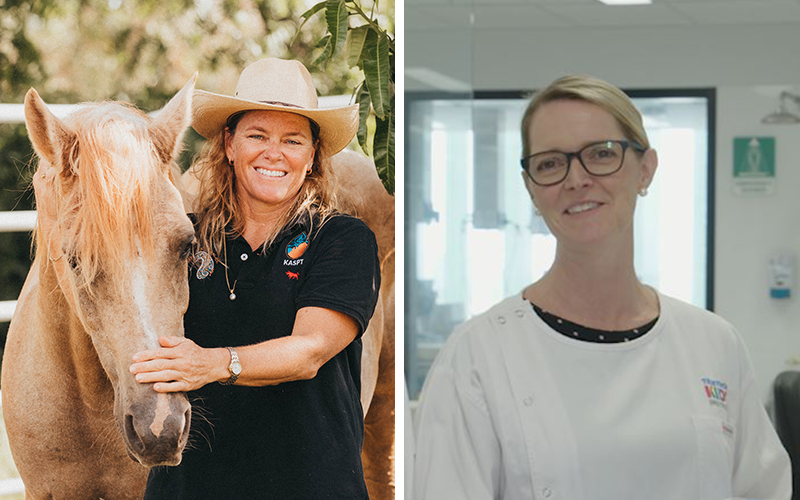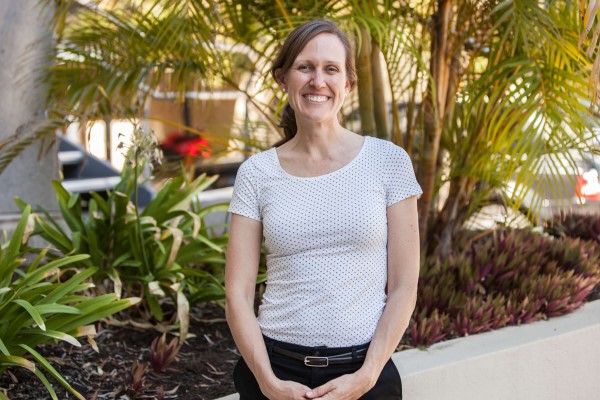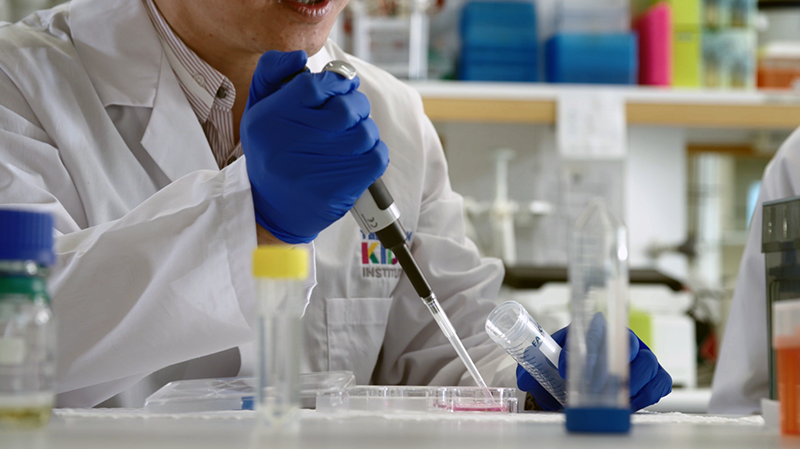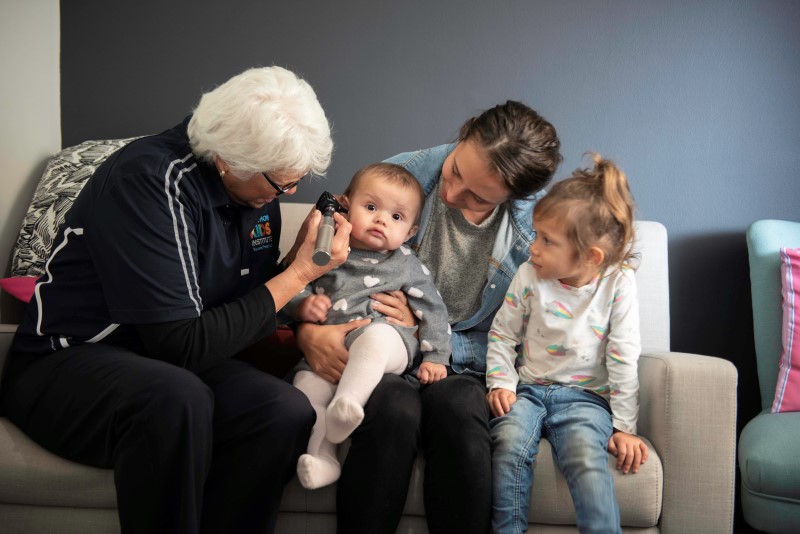Search

Two The Kids Research Institute Australia research teams have been awarded more than $3.5 million to fund innovative projects.

One of Australia’s leading infectious disease experts, Associate Professor Asha Bowen, has been announced as a finalist for the country’s leading national science awards – the Australian Museum Eureka Prizes.
To evaluate the effectiveness of maternal pertussis vaccination for preventing pertussis infections in Aboriginal and Torres Strait Islander infants under seven months of age.
Canada, the United States, Australia, and New Zealand consistently place near the top of the United Nations Development Programme's Human Development Index...
Due to persistent significantly poorer Aboriginal perinatal outcomes, the Women's and Newborns' Health Network, require a comprehensive appraisal...
Aboriginal children living in remote Western Australia have poor visual-motor integration skills regardless of prenatal alcohol exposure or FASD

The Kids researchers will use nearly $8.5 million awarded by the National Health and Medical Research Council (NHMRC) to tackle health issues including respiratory disease, brain cancer, vaccination and Aboriginal health.

The Wesfarmers Centre of Vaccines and Infectious Diseases has appointed Mrs Valerie Swift to a newly created Aboriginal Cultural Guidance Advisor position.
The Birthing on Noongar Boodjar project Aboriginal women's data represents four generations of women's stories, experiences and expressions of childbearing
This study aimed to examine the pattern of stillbirth and neonatal mortality rate disparities over time in Western Australia
